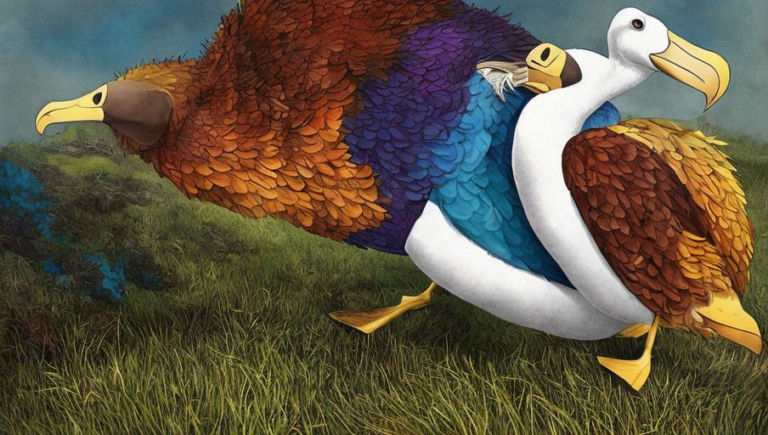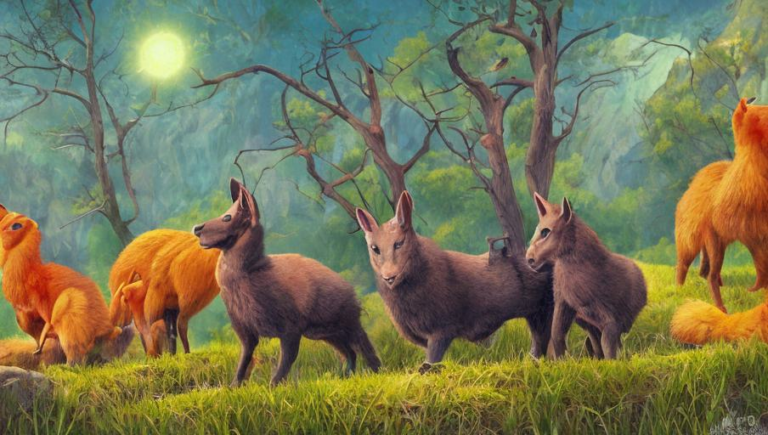Patrolling Habits of Baboons

Introduction
Baboons are primates known for their intelligence and complex social behaviors. These animals are found in many parts of Africa, from the savannah to the equatorial forests, and their behavior is adapted to their environment. One of the most fascinating behaviors of baboons is their patrolling habits.
Patrolling for Food and Water
Baboons are omnivores and their diet consists of fruits, vegetables, insects, and small mammals. To find food, they patrol in groups of around 10-20 members. They use their strong sense of smell and sight to detect potential food sources and they are also able to distinguish between edible and inedible food items. While patrolling, they will often use vocalizations to alert the other members of the group to a good food source.
Baboons also patrol for water sources. In arid climates, these animals may travel up to several miles a day in search of water. They will often travel in large groups to reduce the risk of predators attacking an individual.
Patrolling for Territorial Claims
Baboons are highly territorial animals and they will patrol their territory to make sure that no other group of baboons is encroaching on their territory. They will also mark the boundaries of their territory with urine and scratch marks to warn other animals away.
In addition to marking their territory, baboons will also patrol in order to scare away predators. By patrolling in large groups, they are able to intimidate potential predators and protect the members of their group.
Patrolling for Social Interactions
Baboons are highly social animals and they use patrolling as a way to interact with each other. They will often vocalize and groom each other as they patrol and this strengthens the bonds between members of the group. Additionally, patrolling is also a way for them to learn about their environment and to teach the younger members of their group about the different threats that may be present in their environment.
Conclusion
Patrolling is an essential behavior for baboons. It enables them to find food, water, and protect their territory while also providing an opportunity for social interactions. By understanding the patrolling habits of these animals, we can better protect them and their habitats.





